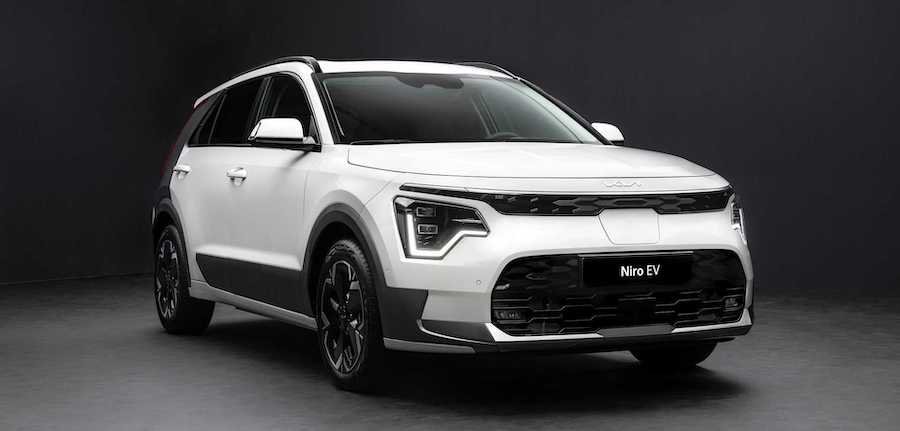2022 Kia Niro PHEV And EV Technical Specifications Released

Kia introduced the second-generation Niro in November 2021 but we had to wait until the middle of January to discover the technical specifications, and only for the hybrid model. The compact crossover is making the headlines again as the South Korean brand has released details about the plug-in hybrid and the purely electric derivatives that will be joining the standard HEV model.
Without further ado, the 2022 Kia Niro PHEV uses the same 1.6-liter gasoline engine as the HEV model. In both instances, the four-pot mill is hooked up to a new dual-clutch, six-speed automatic transmission made 2.3 kilograms (5 pounds) lighter by removing the reverse gear. Wait, what? Indeed, going backward will be done using electric propulsion.
Speaking of which, the Niro PHEV gets a 62-kilowatt motor to replace the HEV's 32-kW setup. Consequently, combined output goes up from 139 hp to 180 hp. Stepping up to the crossover you can manually recharge gets you a 5.5-kWh high-volt positive temperature coefficient heater. The PTC debuts on a Hyundai/Kia/Genesis product and unlocks extra range when driving in a colder climate. This is made possible by installing self-regulated ceramic elements for additional heating to ensure an uninterrupted warm airflow.
While the old Niro PHEV had an 8.9-kWh battery, its replacement has been upgraded to a slightly larger 11.1-kWh pack to achieve an electric range of 40.3 miles (65 kilometers) per WLTP. However, the maximum range is attainable provided the crossover is equipped with 16-inch wheels as going for a bigger set will come with an efficiency penalty.
As far as the Niro EV is concerned, it comes with 201 hp and a near-instant torque of 255 Nm (188 lb-ft). It's enough electric punch for a 0 to 62 mph (100 km/h) run in 7.8 seconds and a top speed of 104 mph (167 km/h). The motor gets its necessary juice from a lithium-ion polymer battery with a capacity of 64.8 kWh. A full charge is estimated to last for 287 miles (463 km) in the WLTP cycle. Using a DC rapid charger will replenish the battery from 10 to 80 percent in around 43 minutes. With the second-gen model, owners will take advantage of bidirectional charging, but only for devices and at up to 3 kWh.
The Niro EV is more practical than its predecessor since it has gained a front trunk that can store 20 liters. Not only that, but the rear cargo area can now swallow 475 liters, representing a 24-liter increase over the model it replaces. Should you want the crossover with a combustion engine, the Niro HEV has a 451-liter volume while the PHEV is the least practical, at only 348 liters.
The first Kia to ride on the K3 platform borrowed from the Hyundai Elantra will go on sale in Europe in the coming months. Details about the US-spec crossover should arrive in the coming months.
Related News
